Neostrata is an award winning cosmeceutical brand of skincare products, designed specifically for use in medical aesthetic clinics. Neostrata incorporates active and patented ingredients and are all glycolic acid based, so therefore have an effect on both the surface of the skin as well as the deeper layers of the epidermis.
Why do we favour Neostrata as a cosmeceutical brand?
The beauty of the Neostrata products is the wide range of inidividual products available. These products have been seperated into 6 ranges; Skin Active, Resurface, Restore, Refine, Enlighten and Targeted Treatments each designed for specific skin concerns. They have effects on tone, texture and pigmentation, and as a result can be used for many different purposes; including anti-ageing, sun damage and pigmentation. Neostrata has historical, clinical and technological data to back up their claims and is also licensed to many big names including Allergan, depicting the quality of the ingredients and products.
Neostrata Facial Skin Peels
A chemical peel is a technique used to improve the condition and the texture of the skin by removing the outer epidermal layers in order to rejuvenate and refresh the complexion. Peels can vary in strength; from 20%, 35%, 50% and 70% are all available. Neostrata consists of three targeted boosters – brightening for pigmentation, clarifying for ageing and acne; and rejuvenating for ageing and skin texture. Neostrata skin peels will only stay on the skin for a maximum of seven minutes but can reach the deeper layers of the stratum corneum. It is a fast and safe effective procedure that will reach deeper than any home skincare products.
The Neostrata skin peel can:
- Coagulate proteins in the skin
- Exfoliate
- Decrease Pore size
- Black head removal
- Treat dry, flaky skin
- Brigten dull, dehydrated skin
- Increase luminosity
- Increase cell turnover
- Even out pigment
- Increase collagen fibre
- Enhance clarity
- Improve elastic fibres
- Increase dermal thickness
- Help to plump and firm as well as reducing wrinkles
The Neostrata skin peel can also be used in conjunction with microdermabrasion and dermaroller and in fact our Neostrata skin peel training course covers the use of microdermabrasion as well as the chemical peels for skin rejuvenation. Chemical peels are a non-invasive non-surgical treatment that are becoming increasingly popular and with good reason. Facial peels are a popular procedure for clients who have not had non-surgical procedures before, and so a good way to entice potential clients to your practice and an ideal way of introducing them to other non-surgical procedures that may benefit them. This quick and easy procedure is highly effective for all Fitzpatrick skin types including even the most sensitive skin.
Neostrata Skincare Training Day
For optimum results your clients will need a course of skin peels along with a high quality home skincare regimen. The skin care market is ever growing and a brilliant way to expand revenue as well as improve the services you offer to your clients. At Cosmetic Courses, we offer a Neostrata Skincare Training day for only £50 + VAT. This will educate you on the different ranges of products available. From this day you will gain an insight and overview of the products, ingredients and the conditions they can treat. We will also advise you on how to integrate these products into your clinic in order to improve revenue and client satisfaction.
If you are interested in our Neostrata Skincare Training or our Chemical Peel Course or if you have any further questions, feel free to contact us on 01844 390 110 or e-mail us at [email protected].

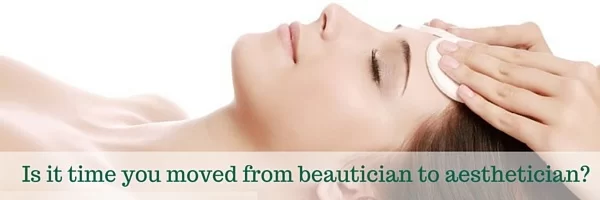
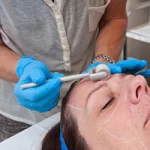
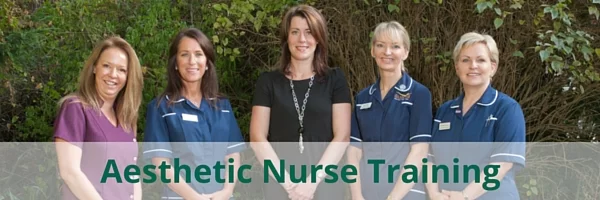
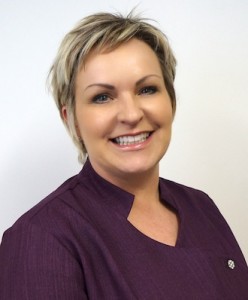 While a minority of Aesthetic Nurses work in cosmetic surgery, most work on the non-surgical side.
While a minority of Aesthetic Nurses work in cosmetic surgery, most work on the non-surgical side.
 We understand the financial pressures involved in retraining for a career in aesthetics, and setting up in business. Many of our
We understand the financial pressures involved in retraining for a career in aesthetics, and setting up in business. Many of our  And if you’d rather not pay a lump sum for your training at the outset, we offer interest-free finance to help you spread the cost.
And if you’d rather not pay a lump sum for your training at the outset, we offer interest-free finance to help you spread the cost. 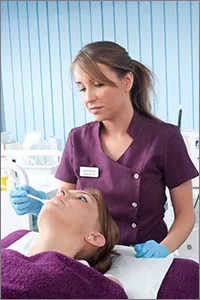 As a beauty therapist, you’ve worked hard to gain your qualifications and build up your client base, and are proud of what you’ve achieved so far.
As a beauty therapist, you’ve worked hard to gain your qualifications and build up your client base, and are proud of what you’ve achieved so far.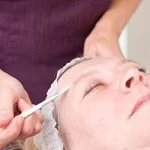 Chemical Skin Peels are a popular treatment for anti-ageing, treating specific skin complaints, and improving the general condition of the skin.
Chemical Skin Peels are a popular treatment for anti-ageing, treating specific skin complaints, and improving the general condition of the skin.






